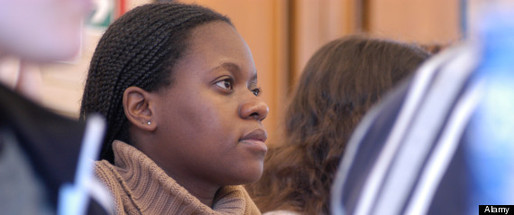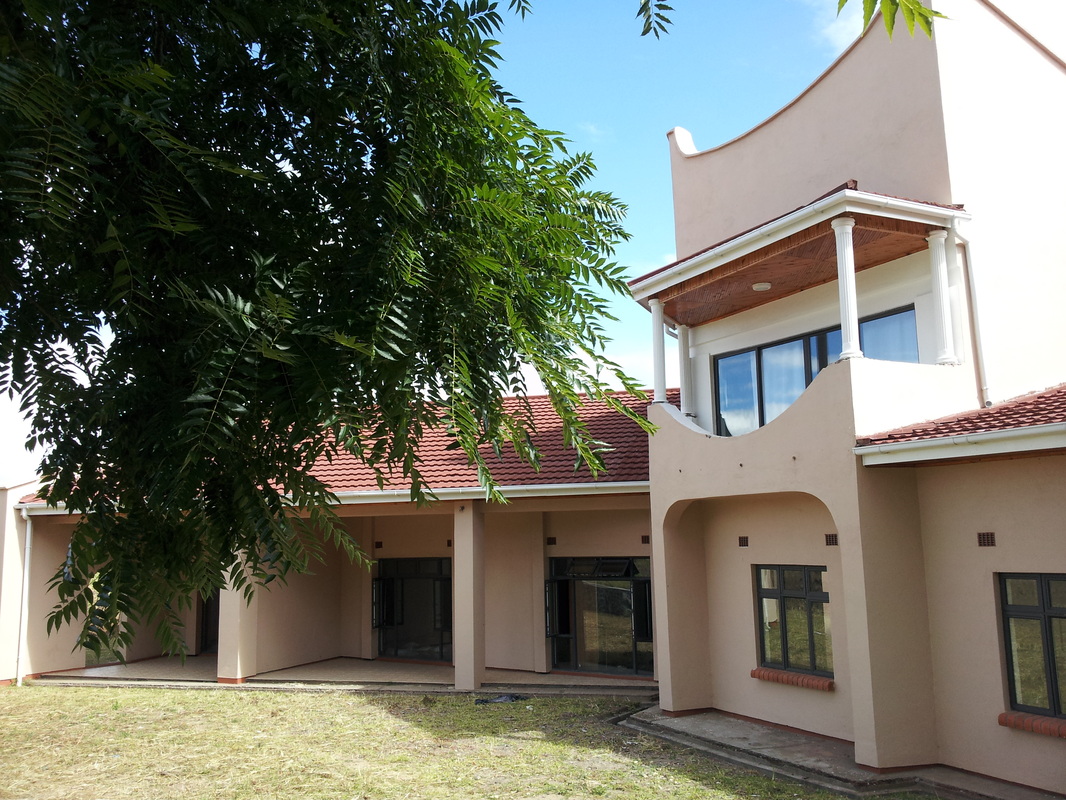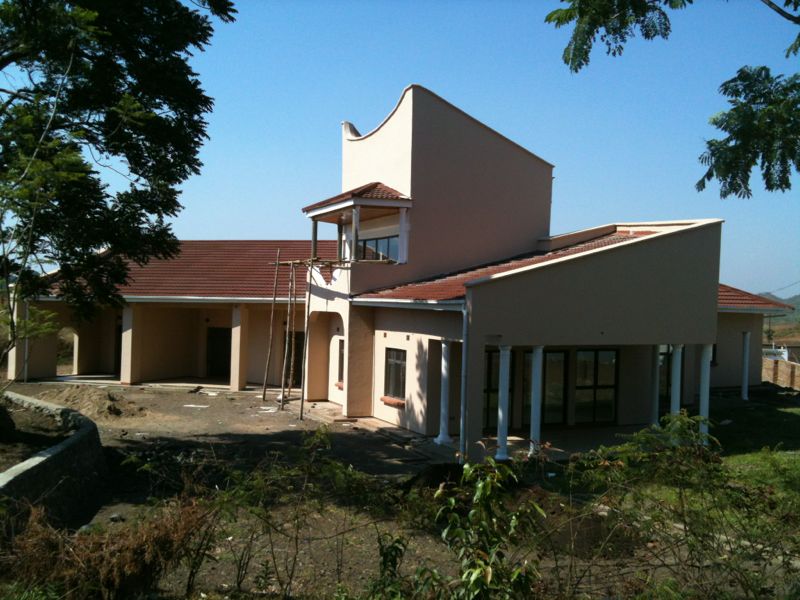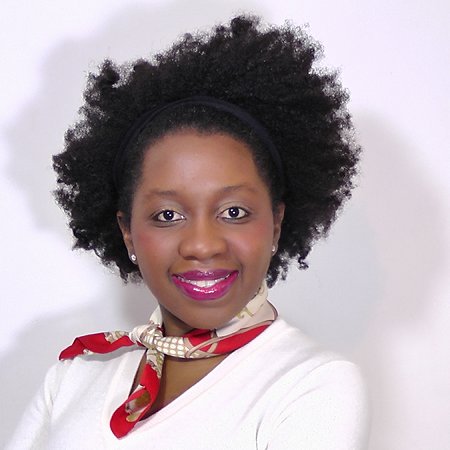|
At risk of stating the obvious I wanted to note that building projects are extremely involving. My first project went very well because my mum was in charge of everything (as I was mostly away) but she is one of the most astute woman in all of Malawi so it's almost impossible to take her for a ride.
I have heard horror stories of people sending money to highly trusted relatives in order to have a project completed and finding all their money misspent. Some unscrupulous individuals have gone to the extent of taking photographs of someone else's building project and sending it to a relative abroad as confirmation that their house is making good way! If you can be very present when you have a project going on it will be difficult for your builders to be dishonest or to waste time and resources. Here are a few things you will want to keep in mind: Don't Pay Builders A Salary If you pay your builders a fixed monthly salary they will spend an incredibly long time on doing everything. It's better to hire a foreman and receive a fixed quote for every job. If he commits to a fixed amount of money for building the foundation he will work very hard to finish the foundation so he can get paid. The same applies to other phases of your project. Don't Leave Too Many Materials On Site Firstly, thieves can be a major problem especially nowadays so if you leave too many bags of cement or any other materials on-site you will be a target. Leave the bare minimum there. If possible provide for one day at a time. Monitor Your Builders Towards the end of a building project you will have a multitude of tradesmen on-site in addition to your builders: tiling experts, painters, electricians, plumbers, carpenters and so on - all draining your time and financial resources. For small items e.g. paint brushes or nails running out I give the tradesman cash and tell him to buy the required item. I request a receipt to be handed to me when the item has been purchased. For larger or more expensive items it's better to go with the tradesmen because if you go on your own you might be given lower quality or inappropriate items. If the builder goes on his own he may obtain an inflated receipt. Recently, I was having all the bathrooms fitted and my plumber listed all the joinery that would be required to complete four bathrooms - we already had all the toilets, tubs, sinks, tissue and towel holders but by the time we walked out of the hardware shop I had paid MWK230,000! A few days later getting the waste pipes as well as the pipes for cold/hot water etc. cost MWK60,000. I couldn't believe how costly it all was but I was onsite 24-7 and it appeared that everything we bought was used. I've also found that going to purchase items alongside your builder helps you to learn what goes into building a house. Everything is more complicated than it seems. Varnish isn't just varnish, there are many different types. Indeed, things as seemingly inconsequential as tile adhesive vary in quality from one brand to another. I've shared a little of my experience above, I would summarise by stating that the more involved you get in a building project the more you will keep costs down (and the more you'll learn). “No great manager or leader ever fell from heaven, its learned not inherited.” Tom Northup
0 Comments
If you have a piece of undeveloped land that you've been wanting to develop but have been procrastinating the start of the project this article is for you. You don't have to have all the money upfront, build as you earn, that's what I did. I didn't even have much foresight with regard to how much the project would end up costing nor how long it would take but I started anyway.
In the end, it took four years to complete the project. It sounds like a long time but the time flew by. I paid for the land first. It was a pricey piece of land so it took me six months to pay it off. You can do the same. Inflation is currently high and unpredictable so if you want to pay for land over a prolonged period of time then you may need to agree on a dollar value with conversion to Malawi kwacha using a given exchange rate. For instance, you can say I'll pay USD3,000 for the land. I can pay USD500 per month but I will pay it in Malawi kwacha using the "sell" or offer exchange rate in the Nation newspaper on the last day of each month. That is a reasonable agreement and many people would be willing to accept it. You win because you get to pay for the land slowly, the buyer also wins because the value they get is pegged to the much more stable US dollar. Next, build the house in small stages. Clearing the land is relatively cheap and requires basic materials including unskilled labour. For the more costly foundation, rather than save up all the money you need before you start, find out what materials are needed, that is quantities of sand, cement, bricks, wire and so on. Given prices change rapidly, I suggest you spend money the moment you have it. If you have a few thousand kwachas, buy cement and keep it somewhere. Then when you have accumulated enough cement you can organise a delivery of bricks and sand (mchenga) to start the project. You don't even have to do the entire foundation in one go, you can do it in baby stages. The most important thing is to start. Even if it takes 10 years to complete the project it's better to work on having a solid and concrete asset rather than living hand to mouth. Overall, the building of the house is quite cheap. The costs start getting large when you reach the roofing stage and decorating thereafter. But it can all be done as slowly as you need. I have discussed starting a business in reasonable depth in previous articles and in my experience I found that having a side-business does really help to boost the rate at which you complete your building project. Got a piece of land? Start developing it, even if it's just with the boys' quarters. "Faith is taking the first step even if you can't see the whole staircase." Martin Luther King Jr.  Cash is the worst thing to keep when inflation is not only high but also highly unpredictable. You need to put your money into assets that don't lose value. I knew the Malawian economy was overheating all the way back in July 2011 when I was preparing for my wedding. For this reason I paid for all the catering in advance because it would commit the hotel to provide it and they couldn't increase the cost to me regardless of any change in economic circumstances. The moment I got married in 2011 I told my mother to spend all the wedding proceeds on cement. "Don't keep any cash," I said, "It will be valueless in a few months". It was a very wise move. Within 6 months we faced a sharp devaluation and I fortunately didn't have much cash sitting around. It had all been invested in property related expenditures. Overall, there are 3 main ways to ensure you don't lose out (too much) from hyperinflation: 1. Invest in property You don't need to buy a whole house. You can invest in property by building your own house in small phases. Even if you eventually decided you can't afford to finish the house, the land would be of much higher value with some form of structure on it rather than if it's sold as an empty piece of land. 2. Invest in business stock If you have a business it's better to keep stock rather than cash. This is because if the value of the kwacha falls you can just charge more for your stock but if you have cash sitting in the bank it will be of less value and there's nothing you can do about it. If you run a service business that doesn't require much stock then consider bringing forward any capital expenditure or starting to sell actual products so you can move your money into stock. 3. Buy quality art This is a very Western suggestion but I'll suggest it nevertheless. Many people value high quality art work. If you have an eye for good art, and I'm not talking about run-of-the-mill ziboliboli, but really unique pieces, then you can buy art and either keep them as a store of value or sell them as a business. Go to La Caverna (Mandala House) in Blantyre and have a look at their collection. The business serves as an art gallery in addition to being an art shop. Whoever the buyer is has a real eye for good art. 4. Buy USD, EUR or GBP The USD, the EUR and the GBP (in that order) are very stable and also very widely accepted. Many of us have friends that live abroad but need kwacha for one thing or another. Buy their currency and give them kwacha. You can exchange the money back to kwacha as and when you need to or use it. This fourth suggestion is viable for anyone because you can buy amounts as small as USD10 at a time. For those that have lived abroad and have accounts in the US, UK, Europe and Australia you can have the funds paid directly to your account so that you don't have to worry about losing the money or it being stolen. The money situation is very precarious right now. You need to think smart if you want to get ahead. “Inflation is the one form of taxation that can be imposed without legislation.” Milton Friedman |
For 2 years until early 2014 I wrote a weekly personal finance and business column for Malawi's leading media house, The Times Group. The target is middle-class, working African women.
This is a reproduction of the articles that appeared in the weekend edition of Malawi News. Categories
All
Archives
May 2014
|
Heather Katsonga-Woodward, a massive personal finance fanatic.
** All views expressed are my own and not those of any employer, past or present. ** Please get professional advice before re-arranging your personal finances.





 RSS Feed
RSS Feed



